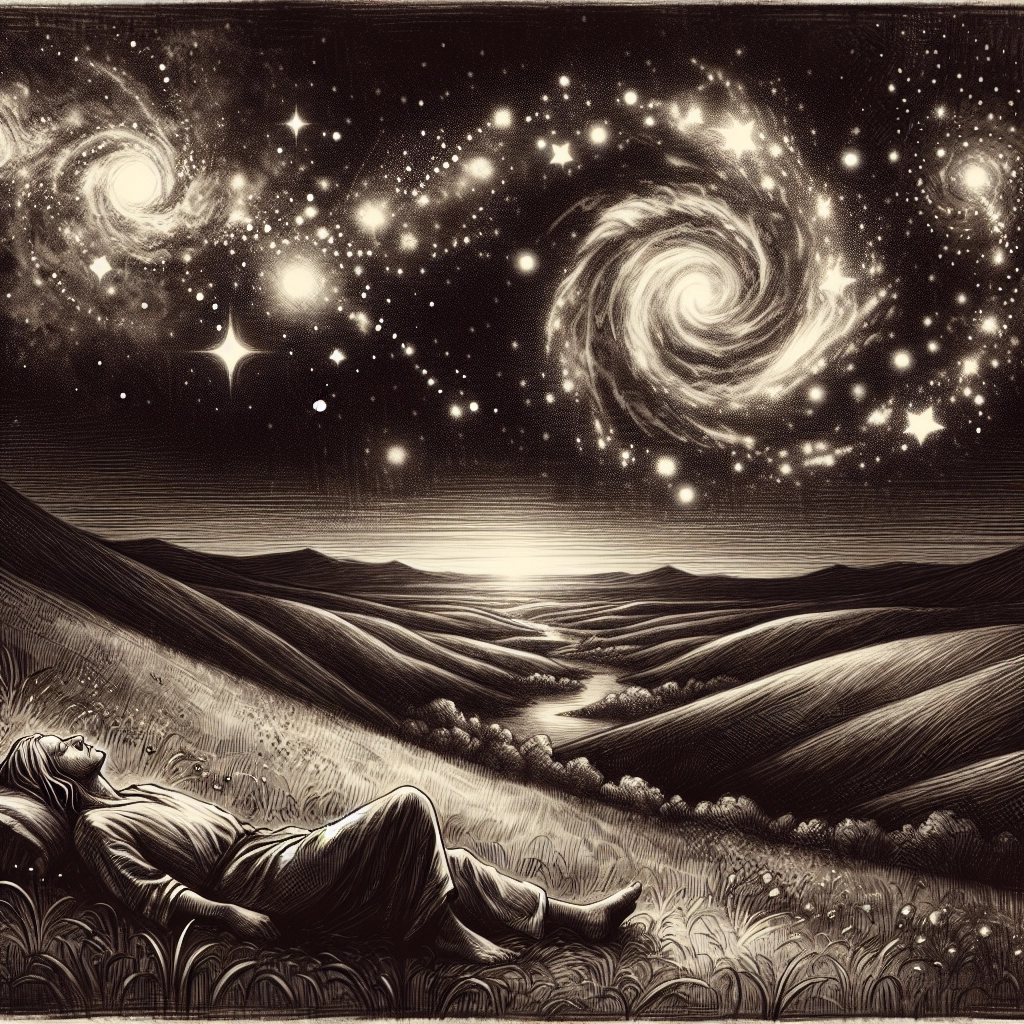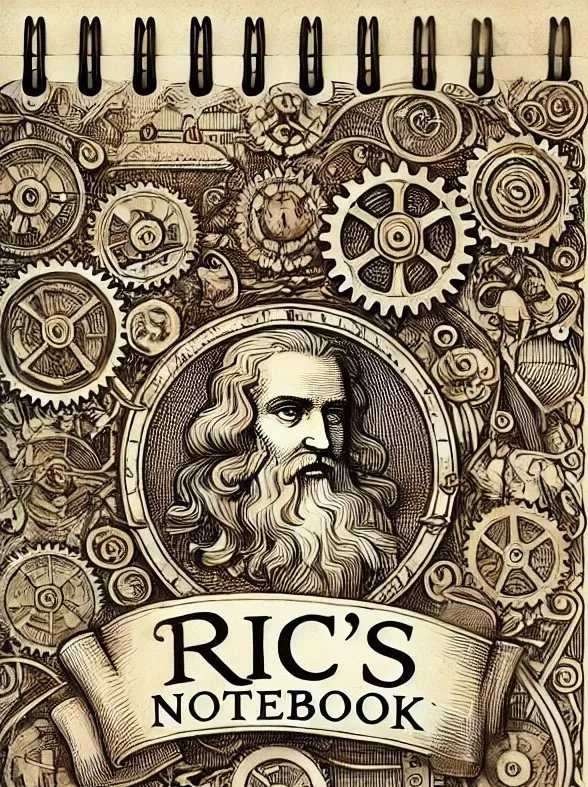
- Published on
- Authors

- Name
- ric de yuga 😄
💤 The Enigma of Dreams: A Journey into the Sleeping Mind 💤
Close your eyes and drift off into the realm of dreams, where reality blends with fantasy, and the impossible becomes commonplace. Dreams have captivated human curiosity for as long as we can remember, prompting the age-old question: "Why do we dream?" In this blog post, well embark on a fascinating journey into the world of dreams, exploring the scientific theories and insights that aim to unravel the mysteries of our sleeping mind.
🧠 The Science of Sleep: REM and Dreams 🧠
To understand why we dream, we first need to delve into the science of sleep. Sleep is divided into several stages, with the most important for dreaming being the Rapid Eye Movement (REM) stage. During REM sleep, our brain activity closely resembles that of our waking state, and it's during this stage that the most vivid and memorable dreams occur.
But what purpose do these dreams serve? Scientists have proposed several theories:
Memory Consolidation: Some researchers believe that dreams play a crucial role in consolidating and processing the information we've learned during the day, helping to transfer memories from short-term to long-term storage.
Emotional Regulation: Dreams may help us process and cope with emotional experiences, providing a safe space for our minds to work through complex feelings and traumas.
Problem Solving: Some experts suggest that dreams can help us solve problems by providing a creative and unrestricted environment for our minds to explore new ideas and possibilities.
Evolutionary Advantage: From an evolutionary perspective, dreams may have helped our ancestors prepare for potential threats and challenges by simulating various scenarios during sleep.
🌈 The Symbolism of Dreams: A Window into the Subconscious 🌈
One of the most intriguing aspects of dreams is their often symbolic and surreal nature. Many people believe that dreams offer a window into our subconscious mind, revealing hidden desires, fears, and emotions. The interpretation of dream symbols has been a subject of fascination for centuries, with various cultures and traditions developing their own unique approaches to understanding the language of dreams.
While the meaning of specific dream symbols can vary greatly from person to person, some common themes include:
- Falling: Often associated with feelings of insecurity, anxiety, or loss of control.
- Flying: Can represent a sense of freedom, liberation, or a desire to escape from a challenging situation.
- Being Chased: May reflect a sense of being overwhelmed or pursued by a problem or fear in waking life.
- Teeth Falling Out: Often linked to feelings of powerlessness, insecurity, or a fear of aging.
It's important to remember that the interpretation of dreams is highly personal and subjective. What a symbol means for one person may differ greatly from what it represents for another.
💭 Lucid Dreaming: Taking Control of Your Dreams 💭
Have you ever realized that you were dreaming while still inside the dream? This fascinating phenomenon is known as lucid dreaming, and it occurs when the dreamer becomes aware that they are dreaming and can often control the dream's content and narrative.
Lucid dreaming has garnered significant attention in recent years, with many people exploring techniques to induce and harness the power of these self-aware dreams. Some potential benefits of lucid dreaming include:
- Overcoming Nightmares: By becoming aware that you're dreaming, you can confront and overcome frightening dream scenarios.
- Enhancing Creativity: The limitless possibilities of the dream world can provide a rich source of inspiration for artists, writers, and inventors.
- Practicing Skills: Some people use lucid dreams to practice and hone real-life skills, such as public speaking or athletic performance.
- Exploring the Subconscious: Lucid dreaming can offer a unique opportunity to delve into the depths of your subconscious mind and gain valuable self-insights.
🌙 Embracing the Power of Dreams 🌙
So, why do we dream? While the exact purpose of dreams remains a subject of ongoing research and debate, one thing is clear: dreams are a fascinating and integral part of the human experience. They offer us a unique glimpse into the workings of our minds, providing a canvas for our subconscious to explore, create, and process the complexities of our waking lives.
By embracing the power of dreams and exploring their potential for self-discovery, creativity, and problem-solving, we can tap into a rich source of personal growth and insight. So, the next time you find yourself drifting off into the realm of dreams, remember to approach these nocturnal adventures with a sense of curiosity and wonder.
And if someone asks you, "Why do we dream?" you can confidently share the scientific theories and personal insights that make the world of dreams such a captivating and endlessly fascinating subject. Sweet dreams!
